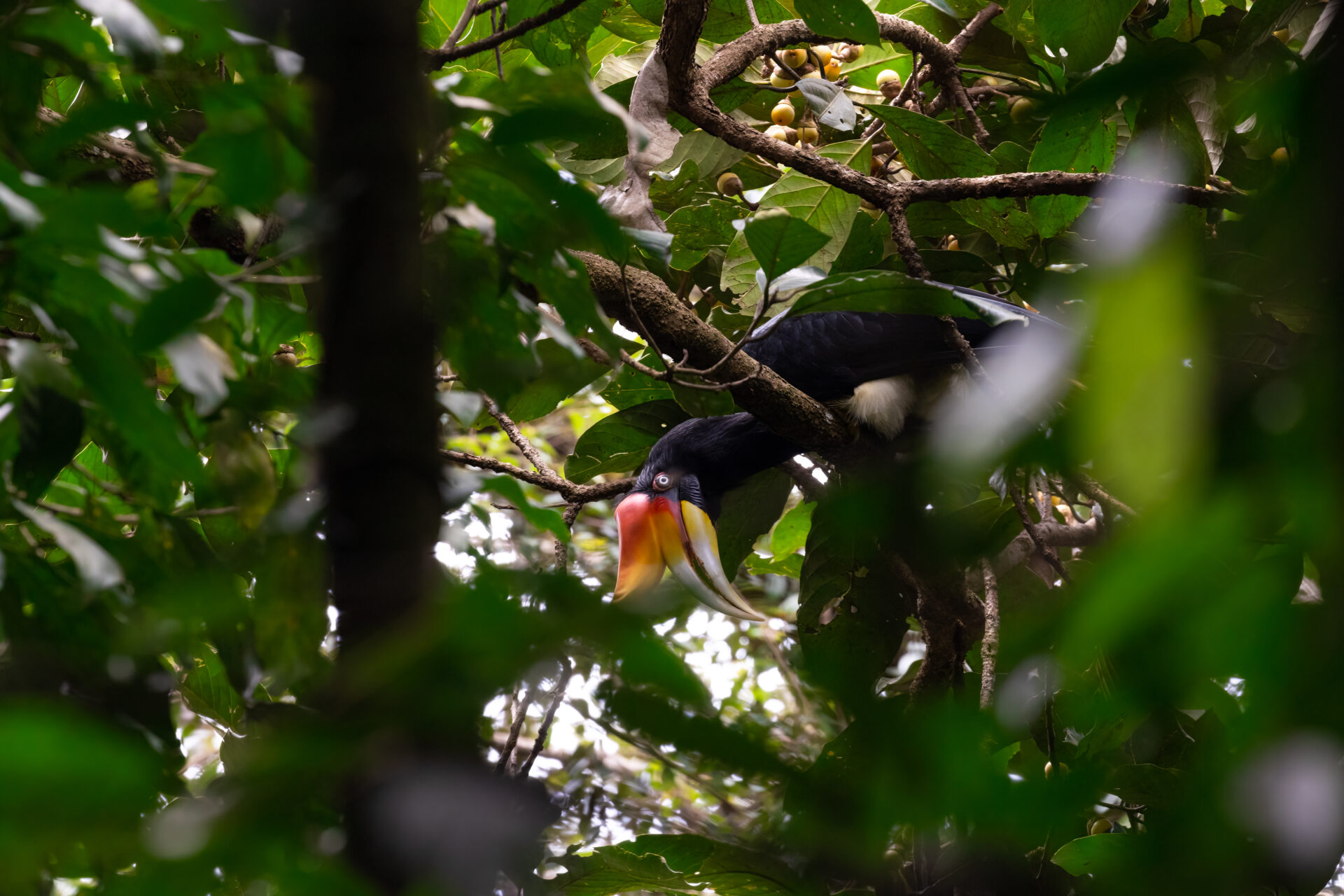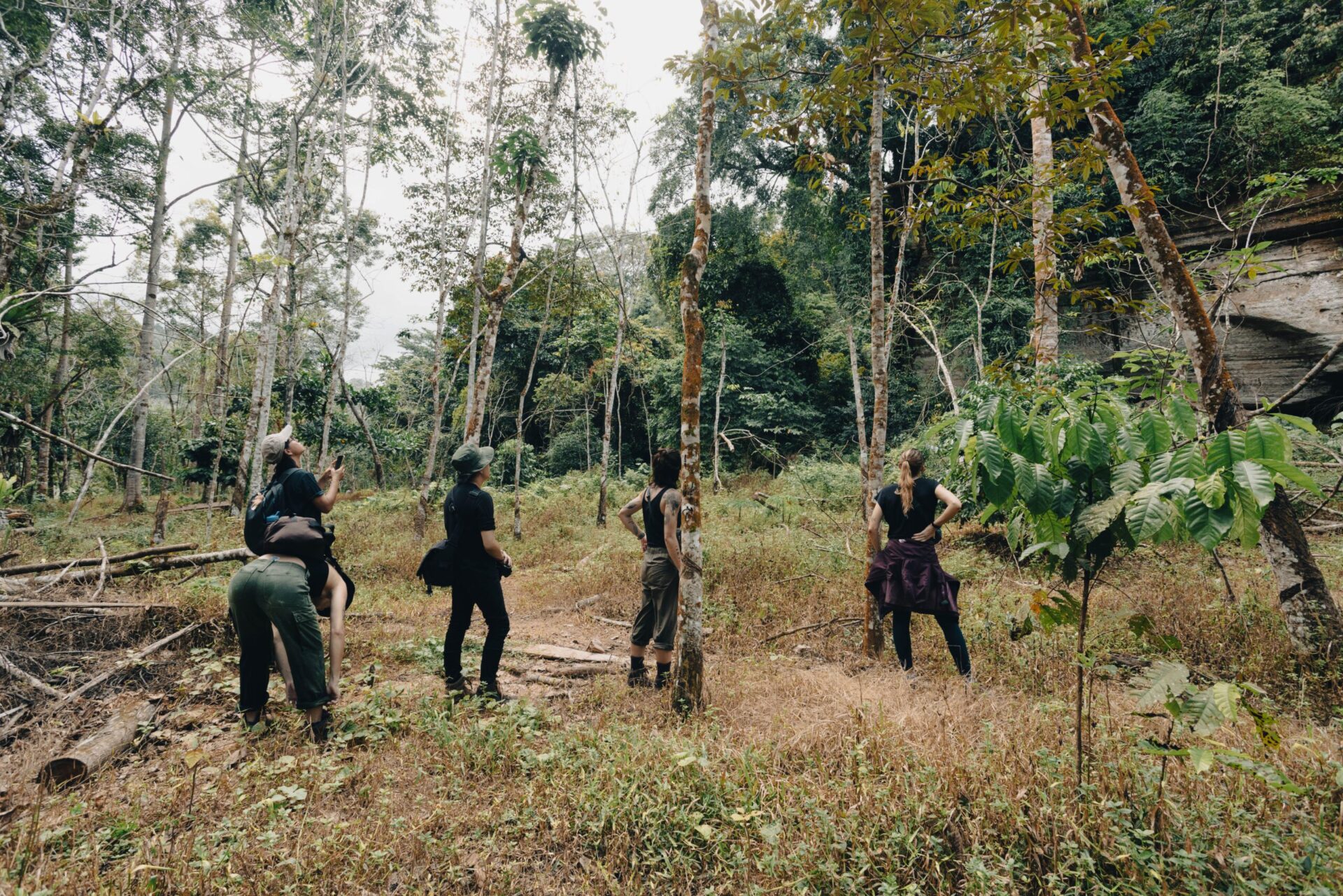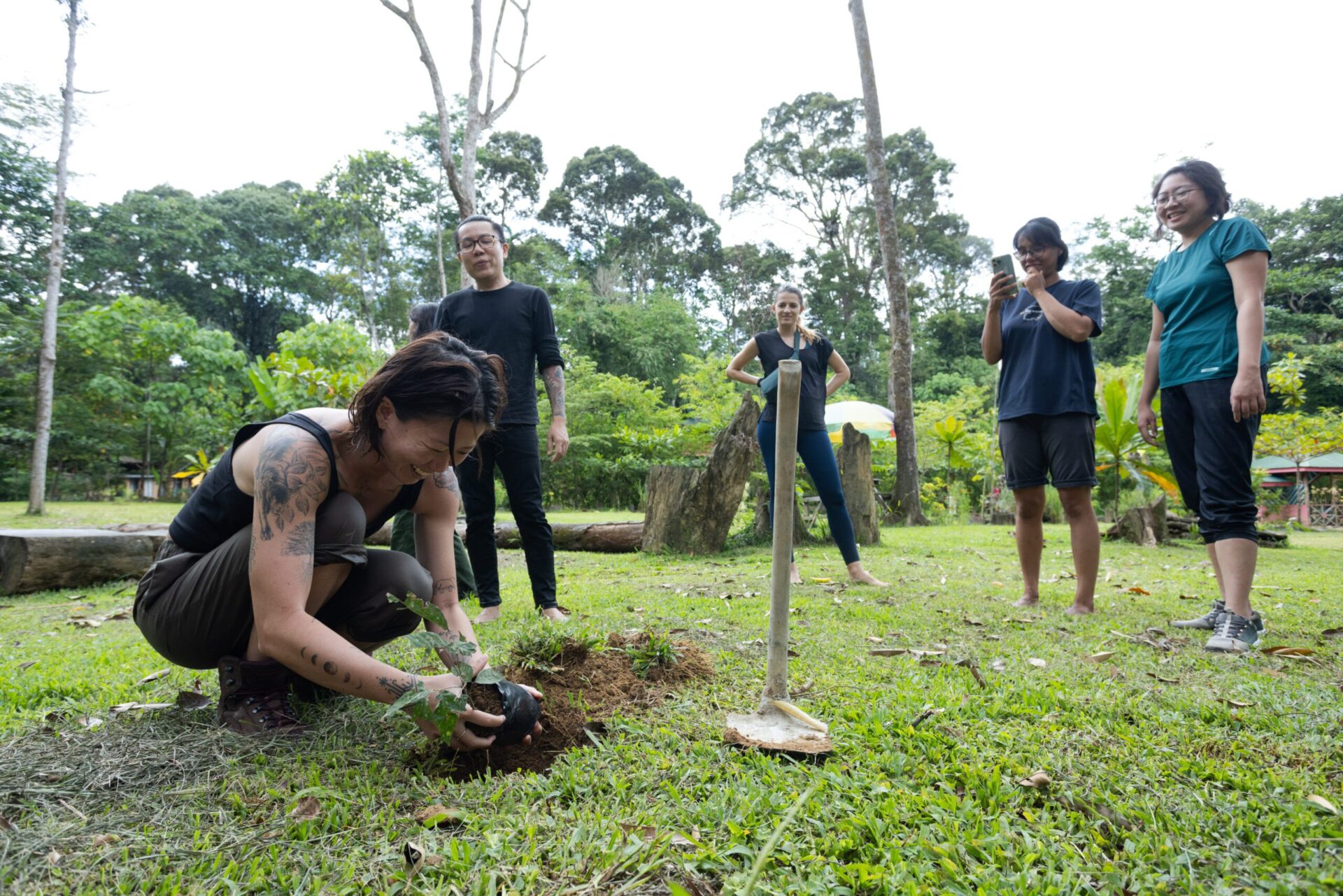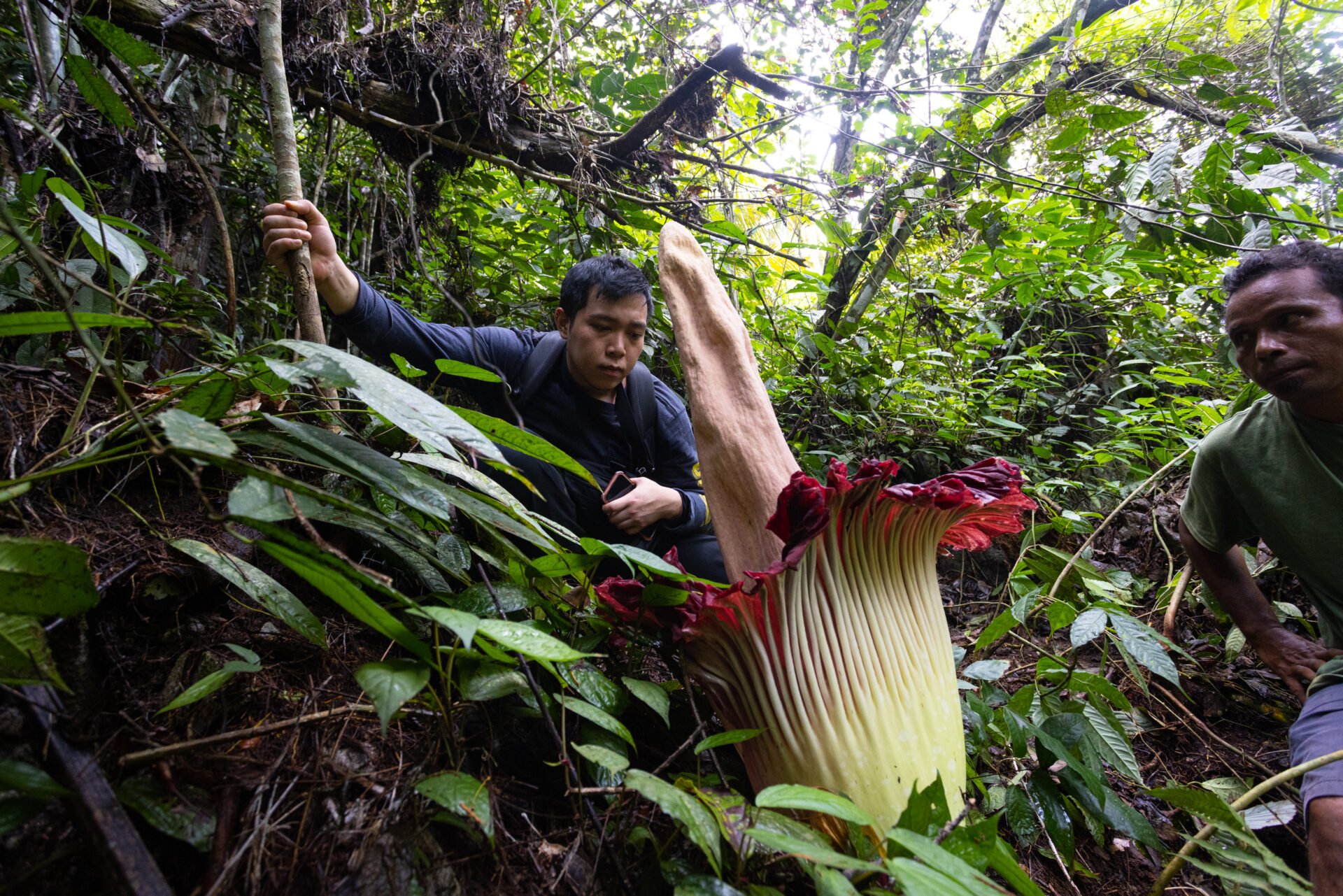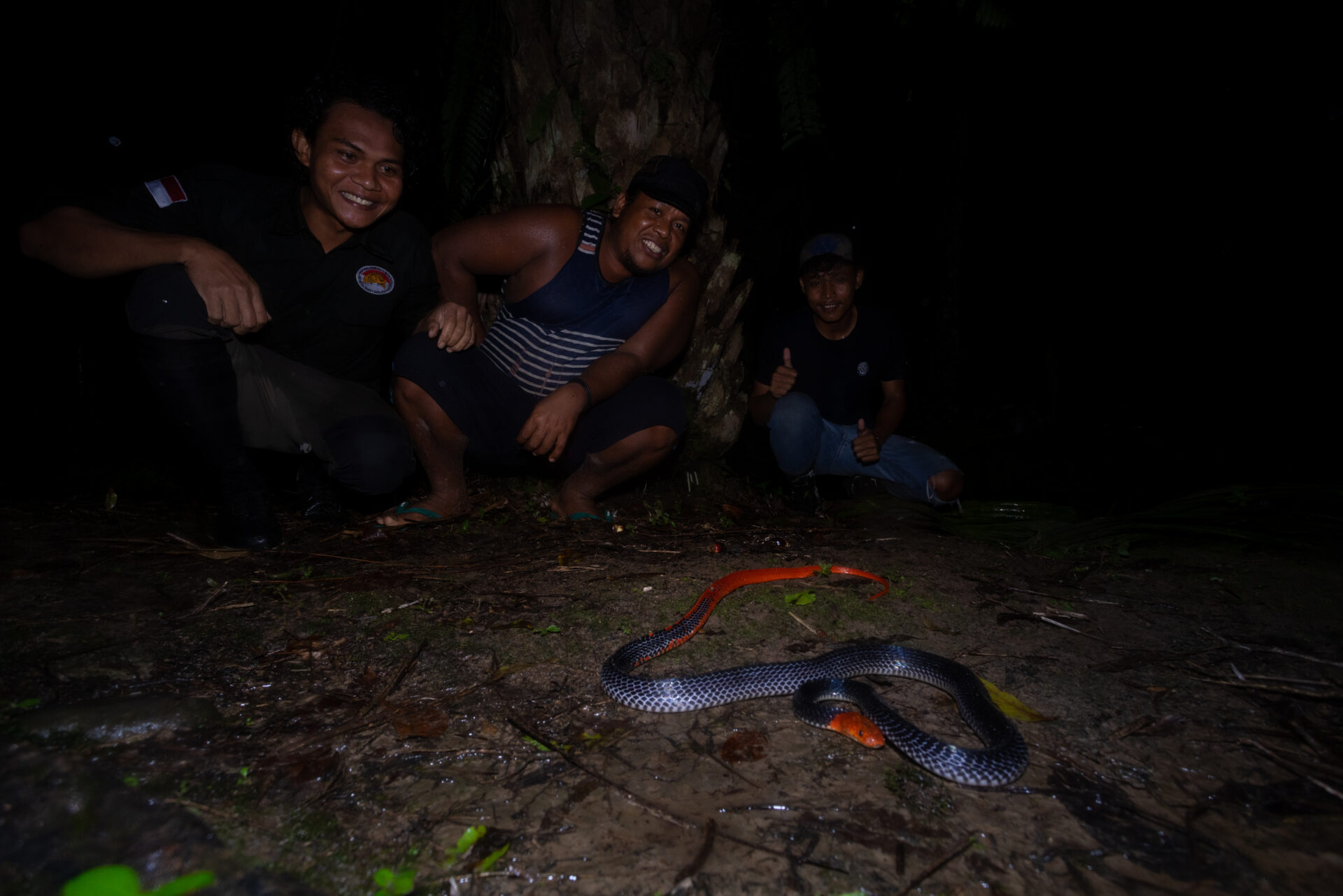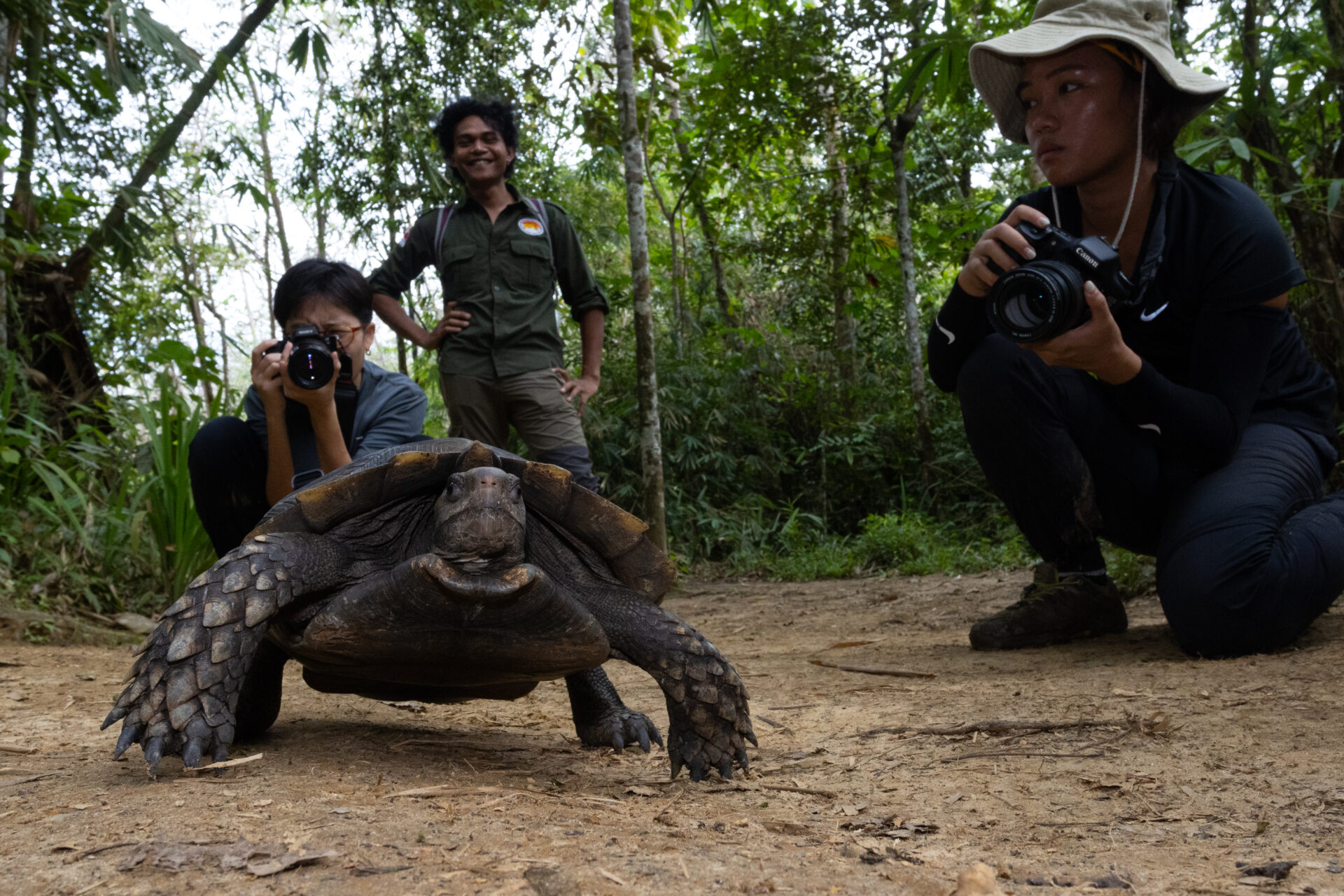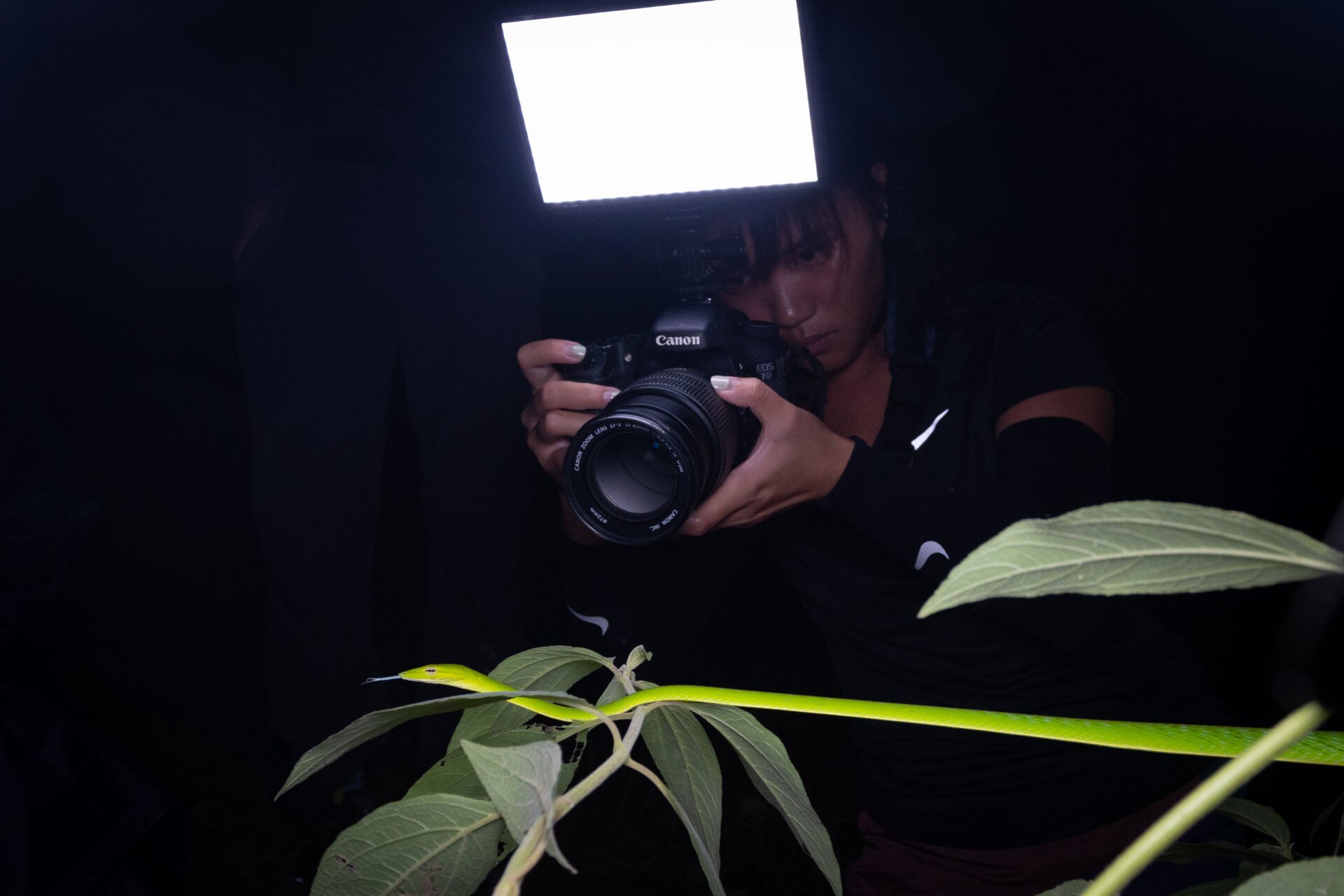North Sumatra Wildlife Conservation
- Home
- North Sumatra Wildlife Conservation
North Sumatra Wildlife Conservation Project
In 2023, The Untamed Paths (TUP) launched its inaugural Sumatra Conservation Camp in the hillside village of Bukit Lawang. Nestled between the Bohorok River and the Barisan mountain range, Bukit Lawang serves as the gateway to Gunung Leuser National Park—a vital refuge for critically endangered species such as the Sumatran orangutan, elephant, and rhinoceros. Once an unbroken stretch of lowland evergreen rainforest, this ecosystem has been severely impacted by land clearing and the commercial extraction of resources, further endangering its already fragile balance.
The camp offered participants an immersive experience in conservation through the Sumatra Eco Project (SUMECO), a locally owned non-profit organization dedicated to protecting the wildlife of Gunung Leuser. Despite its small team, SUMECO tackles the monumental task of wildlife conservation, focusing on rescuing and rehabilitating animals displaced by human activity. A significant part of their efforts includes confiscating protected species and resolving human-wildlife conflicts. Shortly after arriving, camp participants were involved in the rescue of a Sunda Slow Loris from an office in Medan, following a tip from one of our informants. This wide network is vital to SUMECO’s success, allowing them to return over 400 animals to Gunung Leuser and take on high-profile cases, including Orangutan trafficking.
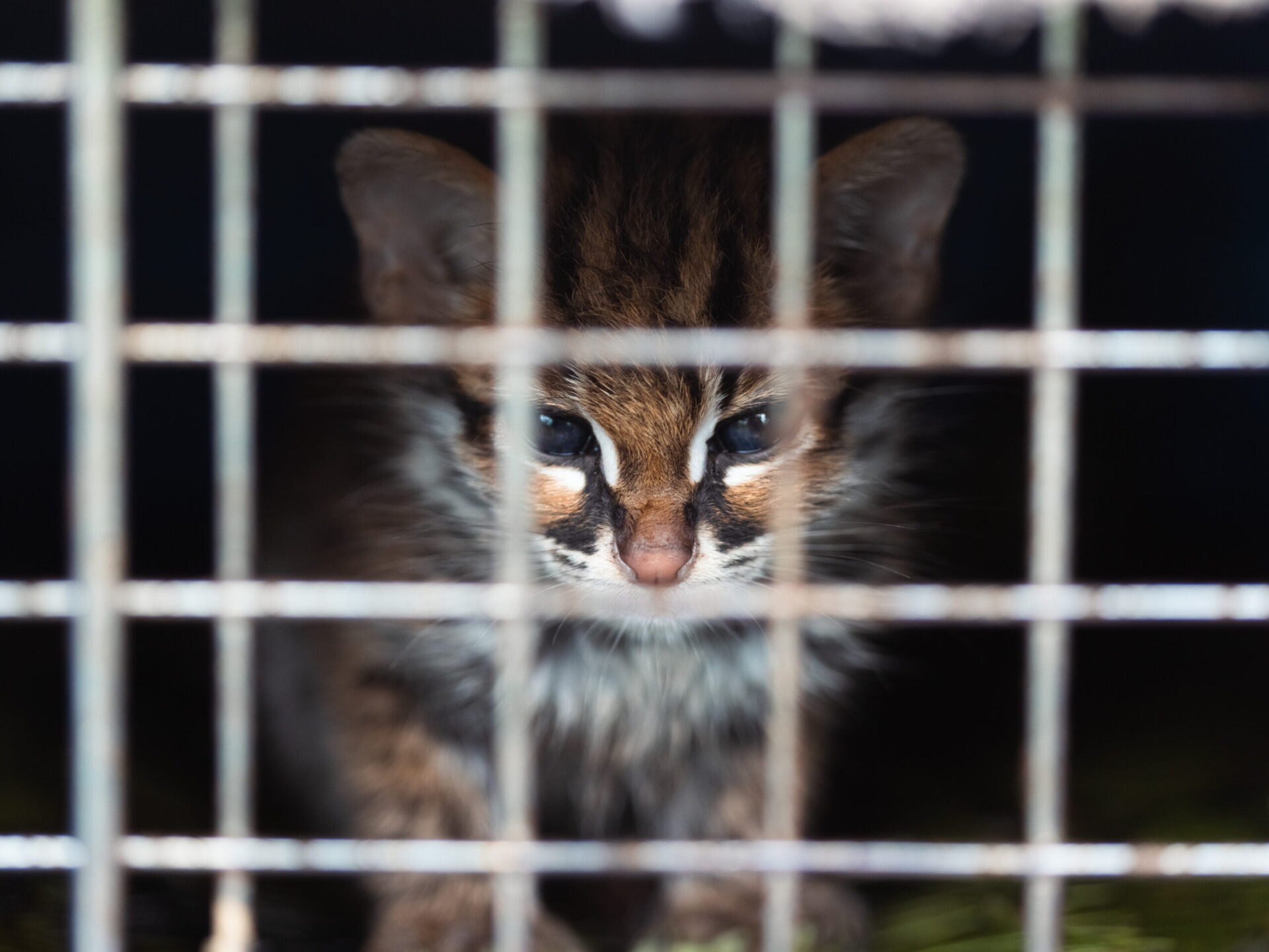
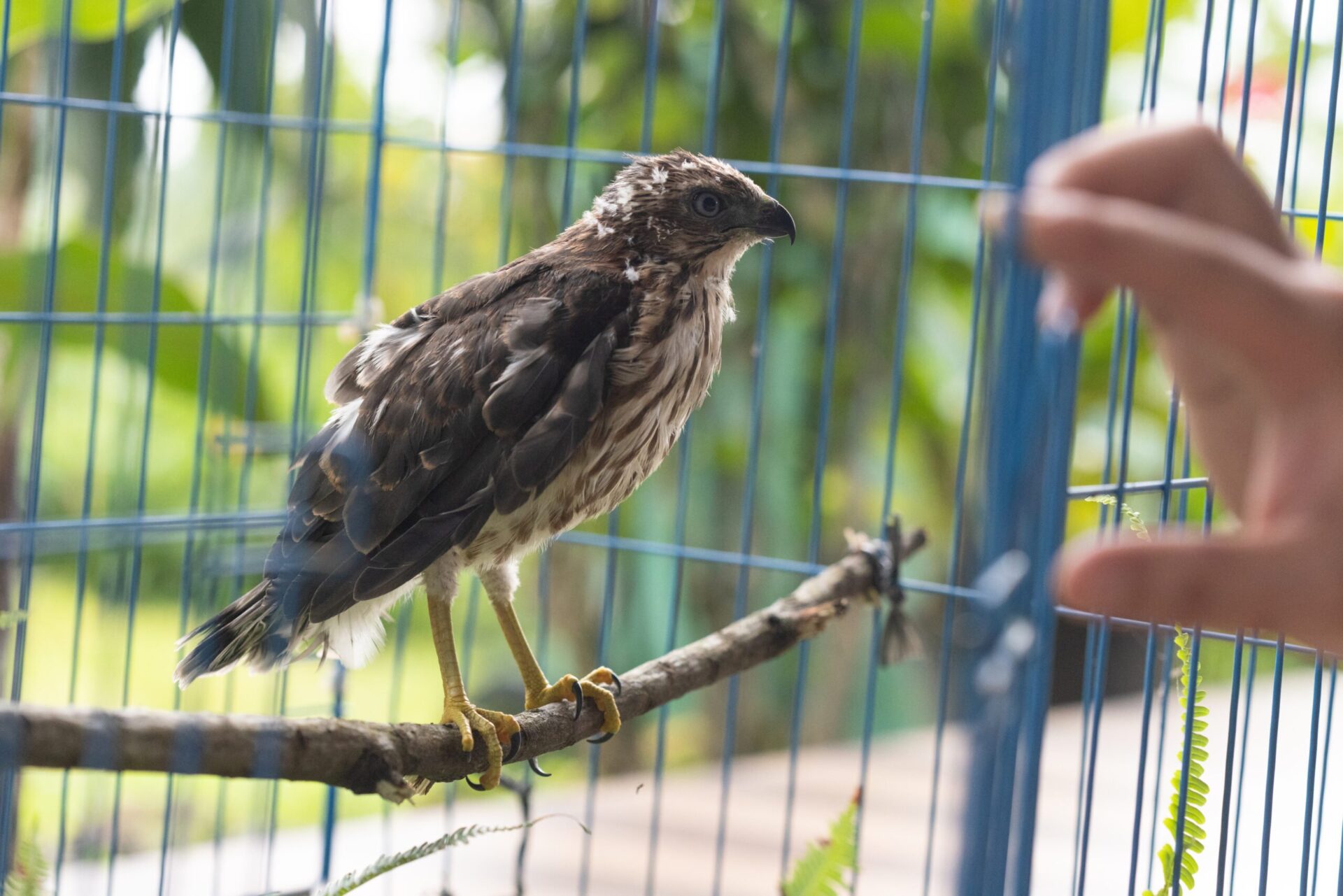
Another strategy employed by our team is village sweeping, a method in which camp participants were actively involved. Riding atop and in the back of a mini truck, participants scanned for protected songbirds being kept as pets. This approach, which emphasizes working within the local community, relies heavily on building rapport and fostering collaboration—key elements of wildlife conservation efforts. During these village sweeps, our team not only raises awareness about conservation but also persuades poachers, loggers, and land encroachers to consider alternative livelihoods—some of whom have even joined the local conservation team.
The base camp was located at a hilltop lodge overlooking Bukit Lawang village and its surrounding forests. The team shared the lodge with an Asian Leopard Cat kitten, the previously rescued Slow Loris, several snakes, and a Crested Serpent Eagle. After days of observation and providing basic care, participants assisted in the release of rescued animals—returning the slow loris to Gunung Leuser and releasing the snakes into the nearby forest. In addition to the daytime conservation activities, nighttime walks became a highlight once the sun set. Participants ventured into the dark, spotlighting nocturnal mammals and reptiles on thrilling expeditions. Despite the excitement of navigating rocky hills, avoiding pitfalls, and crossing narrow plank bridges, the ever-present signs of land excavation for road construction were a stark reminder of the encroaching urbanization. As wildlife and human paths intersected more frequently, participants encountered rare species, such as two caecilians—elusive, subterranean amphibians—and a striking Malayan Blue Coral Snake, both spotted along an excavated pathway near the lodge.
During the day, our team guided participants on forest surveys through buffer zones and deep within Gunung Leuser itself. These treks led the team across rivers, into bat caves, and up the steep hills of the park in search of notable endemic species. Semi-wild orangutans were spotted multiple times—once, a male near the edge of a resort, and another time, a female with her baby inside Gunung Leuser National Park. Other wildlife encounters during rest stops included Great Argus pheasants and a troupe of Thomas’s langurs. However, there were also stark reminders of the shrinking rainforest. Logging activity was visible in buffer zones where orangutans were once commonly seen. In this case, the logging was legal, as rural communities still rely heavily on forest resources for their livelihoods.
The health of the forest is deeply intertwined with the wellbeing of the local community. When provided with alternative income opportunities that do not rely on resource extraction, communities are more likely to protect the forests from encroachment, poaching, and illegal logging. However, unique challenges—such as the Covid-19 outbreak—have devastated the region’s ecotourism, a crucial source of income for many. As a result, some reformed poachers and land encroachers may have been forced to revert to their old means of subsistence. Similarly, our local team faced the very real threat of closure. A significant portion of their funding for rescue operations came from ecotourism, and the pandemic brought patrols and crackdowns to a halt. Despite these hardships, the team in Sumatra continues to persevere with limited resources, exemplifying their unwavering commitment to protecting wildlife and their habitats.

